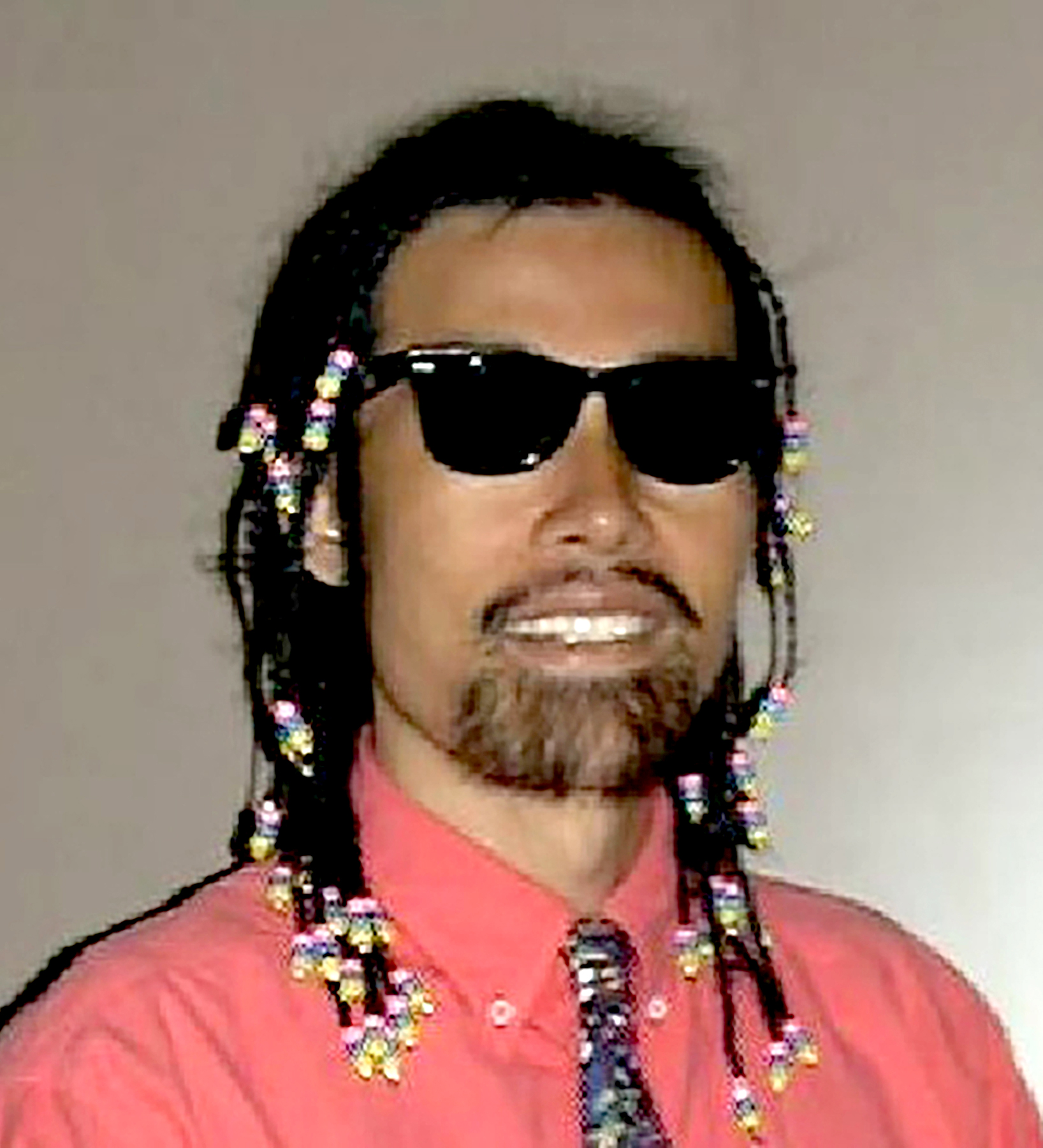Honorary Member

Dr. Akihiko Sugiyama graduated from the Department of Electrical Engineering, Faculty of Engineering, Tokyo Metropolitan University in 1979, completed the master's course in electrical engineering at the graduate school of the same university in 1981, and joined the NEC Central Research Laboratory. Since then, he has been engaged in research and development of signal processing technology for transmission terminals, personal computers (PCs), mobile phones, personal robots, and embedded systems. In the 1987 academic year, he stayed at Concordia University in Montreal, Canada, as a visiting scientist conducting research on adaptive signal processing. In 1998, he was received a Doctor of Engineering degree from Tokyo Metropolitan University for his research achievements in adaptive signal processing. Since 2002, he has taught at eight universities in Japan as a part-time lecturer, and since 2016, he has served as a visiting professor at Tokyo Metropolitan University. Since 2019, he has been engaged in signal processing research at Yahoo! JAPAN Research.
The variable block-size adaptive transform coding he developed has been granted three patents officially appraised as essential to MPEG-4 and is still used today in various products such as audio players, mobile phones, PCs, television receivers, car navigation systems, and web services worldwide. In 1994, he developed the world's first all solid-state audio player, Silicon Audio, which is a precursor of the iPod commercialized in 2001. From 1989 to 2008, he participated in ISO/IEC JTC1/SC29 WG11 (also known as MPEG) as a member of the Japanese delegation. Four Japanese Industrial Standards corresponding to the audio part of MPEG-1/MPEG-2/MPEG-4, of which he is the primary author, and twelve book chapters on audio coding contributed to the dissemination of the MPEG Audio standards as tutorials in Japanese.
In addition, a high-speech-quality noise suppressor based on weighted noise estimation he developed in 2001 obtained an official 3GPP endorsement for its performance and was employed in mobile phones and voice recorders to enable comfortable communication and clear recording. These products were shipped over 30 million of units as the world’s first products accommodating a 3GPP-endorsed noise suppressor. Furthermore, a control capability by the user for adjusting signal distortion and residual noise is incorporated into MPEG-4 SAOC (Spatial Audio Object Coding). For severely noisy environments, a noise canceller was developed and installed in a childcare robot for the 2005 Aichi Expo and completed a half-year onsite demonstration for the feasibility of speech recognition in an exhibit hall for the first time in the world.
He has guided 75 interns from around the world not to mention his direct report and delivered 174 invited talks in 87 cities in 31 countries. Moreover, he has developed and popularized a unique technical writing method based on three-point analysis and slide-first drafting so that students and junior engineers could write papers efficiently, leading to contribution to education beyond signal processing technology.
He served as the Director of Service Activities of the Engineering Sciences Society, a member of the Fellow Recommendation Committee, and the Chair of the Technical Committee on Signal Processing, in IEICE, and as a member of the Fellow Committee, the Secretary of the SPS Conference Board, a member of the SPS Awards Board, the Chair of the Audio and Acoustic Signal Processing Technical Committee in SPS, and the Chair of the SPS Japan Chapter, in IEEE.
For these achievements, he was elevated to IEICE Fellow and received the Distinguished Achievement and the Contributions Award, two Achievement Awards, the Distinguished Educational Practitioners Award, and the Best Paper Award from IEICE. Other awards include the Minister of Education, Culture, Sports, Science and Technology Commendation, the Ichimura Prize in Industry, the Kanto Region Commendation for Invention, three Electrical Science and Technology Awards, IEEE Fellow, two IEEE Distinguished Lecturers, and an IEEE Distinguished Industry Speaker.
As mentioned above, Dr. Sugiyama's contribution to electronics, information, and communication engineering is highly remarkable, and we recommend Dr. Sugiyama as an Honorary Member of the IEICE.